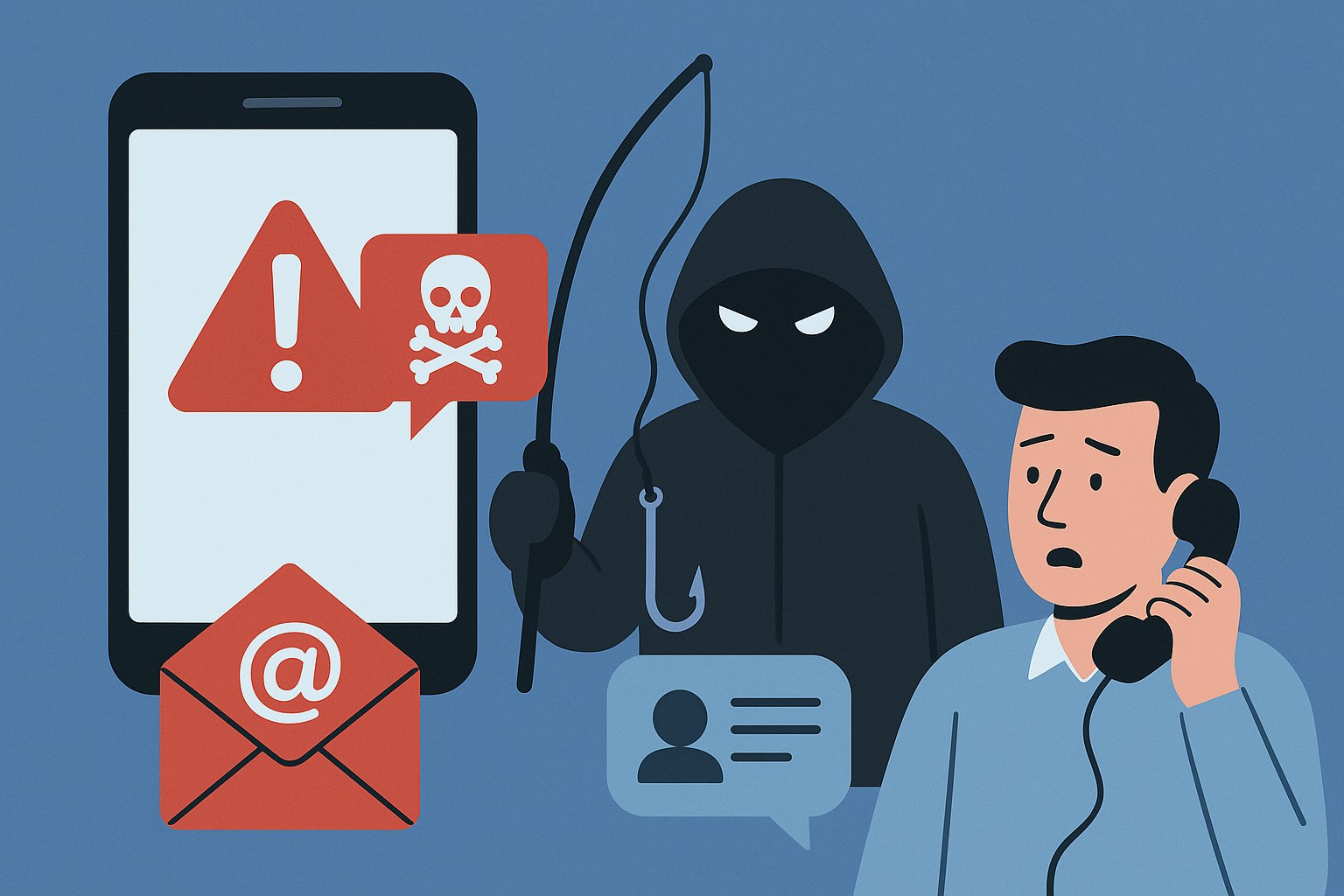A widespread outage of ChatGPT today has left millions of users unable to access the popular AI chatbot. The disruption, which began around noon, UK time, manifested as an error page on the website, impacting official apps and integrations with third-party services.
OpenAI, the company behind ChatGPT, acknowledged "errors" on its status page, indicating that its engineers were investigating the issue. Down Detector, a website that tracks service outages, observed a significant spike in user complaints during the incident.
Social media platforms, particularly X (formerly Twitter), were flooded with user complaints, many expressing frustration at the interruption to their work or studies. "ChatGPT down in the middle of the workday i'm about to get fired pray for me," lamented one user, highlighting the reliance many have developed on the AI tool.

With over 300 million weekly users and over a billion messages exchanged daily, ChatGPT has become an indispensable tool for many. Since its launch in 2022, it has experienced meteoric growth, prompting OpenAI to introduce new features, paid subscriptions, and a robust API for developers.
The outage underscored the significant impact of ChatGPT on productivity and the growing reliance on AI tools across various sectors.
Share your stories with us -- how has this outage affected you?
Related posts
Visit blog
ISSEY MIYAKE × Apple: The iPhone Pocket That Redefines How We Carry Technology
Looking to make smarter, data-driven decisions? Partnering with a UK Power BI consultancy like NetMonkeys transforms scattered business data into meaningful insights

Smishing vs Phishing vs Vishing: Key Differences Explained
Phishing, smishing, and vishing are evolving faster than ever — and businesses are paying the price. In this expert guide from the NetMonkeys Security Team, we break down how each scam works, why they succeed, and what practical steps you can take to defend your organisation

The Benefits of Working with a UK Power BI Consultancy
Looking to make smarter, data-driven decisions? Partnering with a UK Power BI consultancy like NetMonkeys transforms scattered business data into meaningful insights
